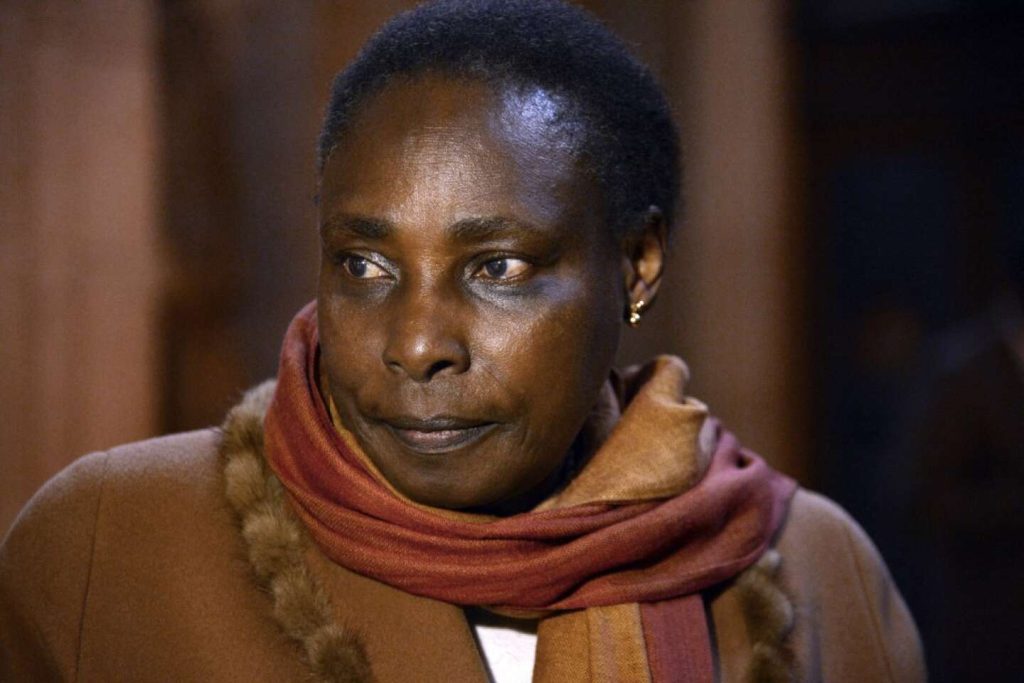Agathe Habyarimana, the widow of the former Rwandan president, is suspected of playing a role in the genocide of the Tutsis in 1994. She was evacuated by the French army during the genocide and has been under investigation in France for complicity in genocide since 2007. Despite a warrant for her arrest in Rwanda, France has refused to extradite her. President Macron had promised that no one suspected of genocide would escape justice during a visit to Kigali in 2021, but the case of Agathe Habyarimana remains unresolved.
Agathe Habyarimana, a descendant of a high-ranking Hutu clan, was married to President Juvénal Habyarimana and was allegedly involved in the planning of the genocide through the political-economic network known as “Akazu”. Despite her denial of the existence of the Akazu, reports indicate her influence within the clan, including over the security services. France, which supported Rwanda militarily and financially, was aware of the situation in Rwanda but chose to evacuate Agathe Habyarimana and her family during the genocide.
After the genocide, Agathe Habyarimana lived in various countries before settling in France. She sought political asylum, which was denied due to serious reasons to believe her involvement in the genocide. She approached a controversial figure, Paul Barril, for assistance in 1998, but eventually returned to France. Despite legal battles, including a failed refugee status application and a rejected extradition request by Rwanda, she remains in France.
Through the years, the case against Agathe Habyarimana has faced challenges, with insufficient evidence and diplomatic considerations complicating the legal proceedings. French investigators focused on a short period around the genocide, and the lack of concrete proof has raised doubts about her potential acquittal if brought to trial. The case has been further complicated by the political implications of her prosecution, raising questions about her potential acquittal’s impact on diplomatic relations.
The legal saga involving Agathe Habyarimana highlights the complexities and challenges of seeking justice for crimes as grave as genocide. Despite ongoing investigations and legal battles, the lack of substantial evidence and diplomatic considerations have hindered progress in holding her accountable for her alleged role in the genocide. As the case remains in limbo, questions about accountability, justice, and reconciliation continue to linger, underscoring the long-lasting impact of such atrocities.


